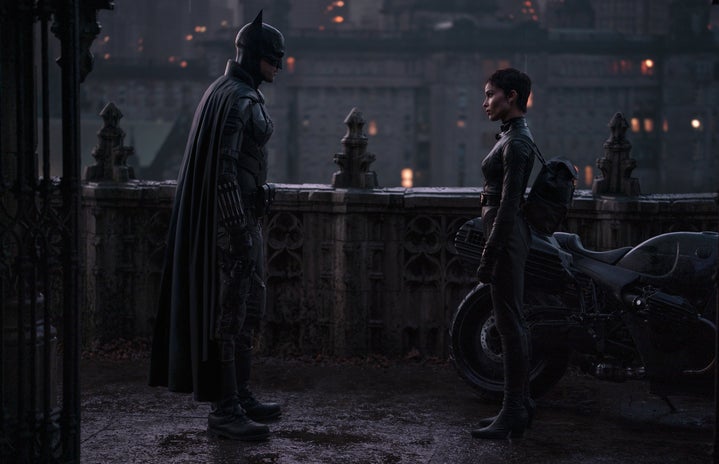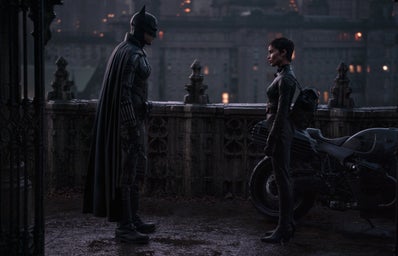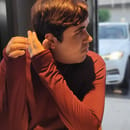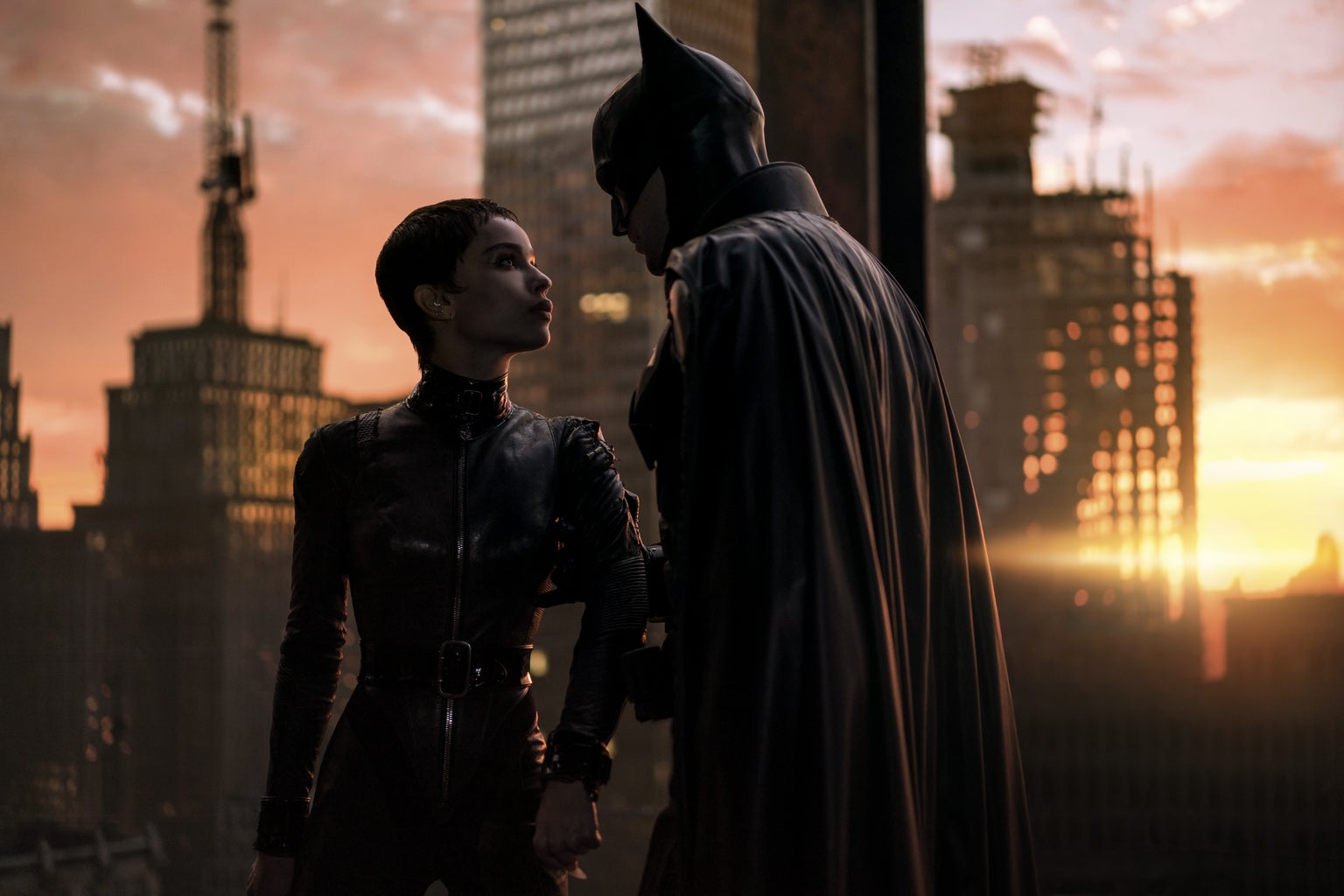The Batman: The portrait of Selina Kyle
Heroes. Quite often, we’re presented with a variety of superheroes that we can relate and be drawn to because they serve as a reflection of our very own human characteristics. One way or another, we’re intrigued by them because of their ethics, their looks, their personal struggles and their fight between managing their superhero life versus their ordinary ones. Even in our darkest times, we’re inclined to find a light that portrays the potential good that lives inside of us. And maybe for some of us; we found the light in Zoe Kravitz’s portrayal as the iconic long-time antihero: Selina Kyle aka Catwoman!
It wasn’t until the brand new flick in the shape of Matt Reeves’s latest blockbuster “The Batman” that we finally got a dainty nod towards the representation of LGBTQ+ within the DC world. We’ve seen these explored in Marvel superheroes such as Loki and Valkyrie, but DC appears to finally be ripping the band-aid off. In various scenes, we’re presented with Kravitz’s Catwoman in search of her friend, Annika, which she presumably calls her “baby” numerous times during the film. This implies that maybe their relationship is more than just platonic. Now, we don’t have any concrete proof about Catwoman ever being portrayed as bisexual except in Frank Miller’s “Year One” comic special that went out for sale in 1987, in which Selina Kyle had a brief encounter that suggested her sexuality. Of course, it was dropped immediately after widespread criticism of moral panic.
With the character of Catwoman, it becomes a little vexing because she’s not really categorized as a “hero” like most mentioned before. She’s, in fact, a perplexing criminal. It initially becomes somewhat precarious because the writers seem to delve into sexuality subjects using an anti-hero rather than just a “hero.” In a world full of conservative societies that serve as adversaries towards sexuality hysteria, Reeves’s direction towards making Kravitz’s take on Catwoman to be a woman free of choosing who she wants to be and who she wants to love in such a darkened sphere like Gotham City makes her credibility even stronger and more genuine than ever.
With the principal contrast in values that we see in superheroes such as our very own, Catwoman challenges us with moral complexity. Reading these characters encourages us to make judgments or to either agree or disagree with their actions. Because in the end, the truth is, superheroes are like any of us. Yes, they possess supernatural abilities that make them “super,” but that does not take away the fact that these “superheroes” go through some problematic issues that reflect what it is to be a human being as well. These superheroes are the characters that thrive in our fantasy worlds, and penetrate our everyday lives because they are the person we might want to become tomorrow. Seeing them in action encourages us to look at our own values and think, “What would I do in that situation? Would I do this that way or another way? Do I agree with the way Catwoman handled this situation or would I have done it differently? How would her alias, Selina Kyle, would’ve handle it?” And to clarify, Kravitz’s portrayal has not yet revolutionized the Catwoman we know and love from the comics and previous films. She’s still an estranged stray trying to solve the conflicts between her own morality versus the challenge of the ones that the world she lives in gives her. Superheroes question our morality and how we choose to execute it in the right or wrong ways. The moral development of superheroes can inspire us to be better people. I’d say Selina Kyle in “The Batman” is there to remind us that we have growth within us too. It depicts our willingness to indulge because, even in a murky place like Gotham City, Selina Kyle acknowledged the light within herself and chased after it. More than often, it is said that tough times don’t last, but tough people do, and this is exactly how Kravitz’s portrayal and the LGBTQ+ community should be categorized as; a community composed of tough people who don’t let difficult times get the best of them, but who rather stand up for themselves and become stronger through said difficult times. It’s about who has the courage to be genuine and authentic regardless of the challenges in everyday life.
Humanity should give characters, such as Selina Kyle, more than just a superficial glance. Giving a chance to get to know these superheroes and who they really are should be what society stands for. Superheros are far from perfect. They will not necessarily make the best decisions, and struggle with their identities and sexualities. In essence, they are flawed and very complex—just like we are. Before judging Catwoman, we should get to know who Selina Kyle really is. What’s so important about Kravitz’s portrayal of Catwoman is that bisexuality is already a wobbly subject matter because it is often overlooked on national television and on the big screen. Seeing it bright as color, gives the LBGTQ+ community endurance and truthfulness that this generation of superheroes or anti-superheroes (or even fictional criminals!) serve as an echo to represent the importance of diverse characters everywhere. It shows us that being out, which is a heavy decision to prepare for, is one of the most significant and ethical things that a human being can do not only for the LGBTQ community, but also for the world in general.



